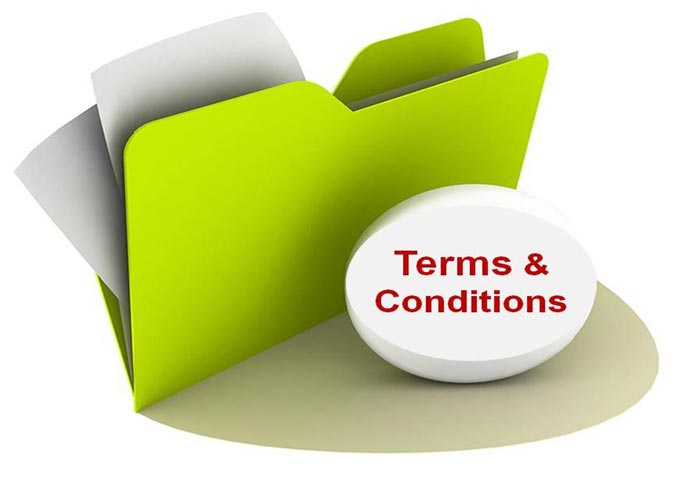Why Your Website Needs Terms of Use
If you are in the middle of getting a website built, by a professional web design team, to conduct an online business, you may not have thought of the Terms of Use that are needed. Commercial lawyers would tell you that these are needed to protect you as well as to inform users of your website what to expect when using your website. Any visitors to your website become potential customers or clients and so need to have everything made clear to them about what you offer and what they should expect.
Without this important document, you leave yourself open to being sued if the customer finds that your goods are faulty or if the instructions on your website are followed and they don’t get the result they expected. For the best result, the Terms of Use document should really be drafted by a lawyer so that it is specific to your business.
One of the main things in this document should be a disclaimer that limits your liability for your website and its use. This will protect you to a great extent from claims made by customers that are just trying to get money without a real cause as well as those who have a reasonable complaint. Of course, to conduct a good business those with a bone fide complaint should have recourse to some kind of refund or replacement if you are selling goods.
However, there is not much you can do if they follow advice they find on your website that doesn’t pan out the way they thought it would. Not addressing this issue can leave you wide open to litigation, which is why the terms of use document is so important.
So a generic document should contain at least the following information: –
- The rights of the people using your website,
- Your rights to do with your website
- Limitation of your liability for the information on your website
However, your website may need something much more complex than those 3 simple facts. That is why it’s important to have a lawyer draft the document. Here are some of the other things that may be needed.
- A section that limits liability for outages and third party links as well as information found on the website.
- A clause that covers exclusions in specific detail to further limit your liability.
- Your refund, return and cancellation policy in full detail.
- A description of how users should use your website, including representations and warranties.
- A provision which gives detailed advice about the statements and opinions found on your website and limits your liability for them – important if you have a forum or a comments box in which other opinions or information may be expressed.
What you will need depends on what kind of goods or services you may be offering.

